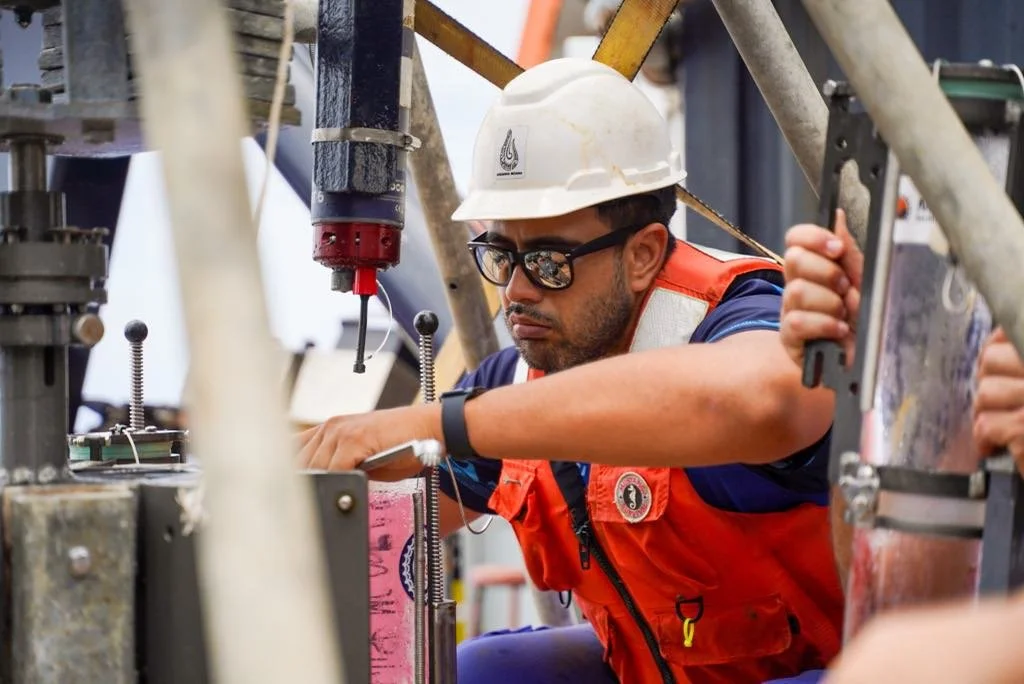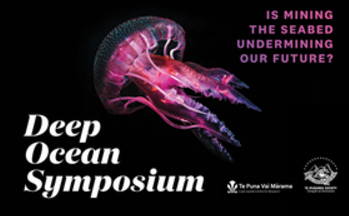Te anoano nei matou i te akamatutu e te akatere meitaki i te tuanga Mīnera Takere Moana kia riro ei akapuapinga i to tatou iti tangata Kuki Airani. Ei ravenga akapirianga ki te akatereanga matakite, ko tetai uatu tukuʻangā tika i te au ra ki mua no runga i te akatikaanga me kare patoianga i te kokotianga mīnera, ka anoanoia te reira tukuʻangā tika kia tangoia ki runga i te tuanga taieni.
Read MoreYou can read all the latest news and updates on the Cook Islands seabed minerals sector here.
Around a hundred local and overseas speakers, ocean lovers, local authorities and government ministers turned up to yesterday’s Deep Sea symposium which provides Cook Islands with more knowledge of deep sea mining.
Read MoreCook Islands Government through the Seabed Minerals Authority (SBMA) has revealed that the exploration of deep sea mining will continue for a few more years giving time for findings to be analysed and this will take months and years.
Read MoreIn-depth results from a recent and controversial poll will be shared at todays Deep Ocean Symposium, hosted jointly by Te Puna Vai Marama and Te Ipukarea Society and held at USP.
Read MoreA foreign company has proposed to bring in a robot to harvest the seabed, write Tailia Mika.
Read MoreThe recent Women in Science Expedition (WISE) marked a significant achievement in marine research and capacity building for Pacific women. The expedition offered participants an immersive seven-day journey at sea aboard the Anuanua Moana, aimed at developing technical skills in environmental and biological marine research.
Read MoreLife is everywhere. It is found in rocks deep beneath the surface of the earth, in a lake buried under the ice in Antarctica, and even in ponds of liquid tar-asphalt. So, although the physical environment-in the 5,000 m deep ocean floor is challenging, numerous species of organisms call it home.
Read MoreDear Editor, In response to the anonymous letter from “Get Real” (Cook Islands News, October 10), and the suggestion that the NGOs are the Goliath in this seabed mining scenario, this is frankly ridiculous.
Read MoreThe UMC marked its first-ever field trip to an active nodule field in the South Pacific. Many participants from around the world joined the crew aboard the research vessel Anuanua Moana. The field trip gave a unique opportunity to observe the actual scientific processes involved in deep-sea research, with a particular focus on the polymetallic nodules' environment.
Read More









